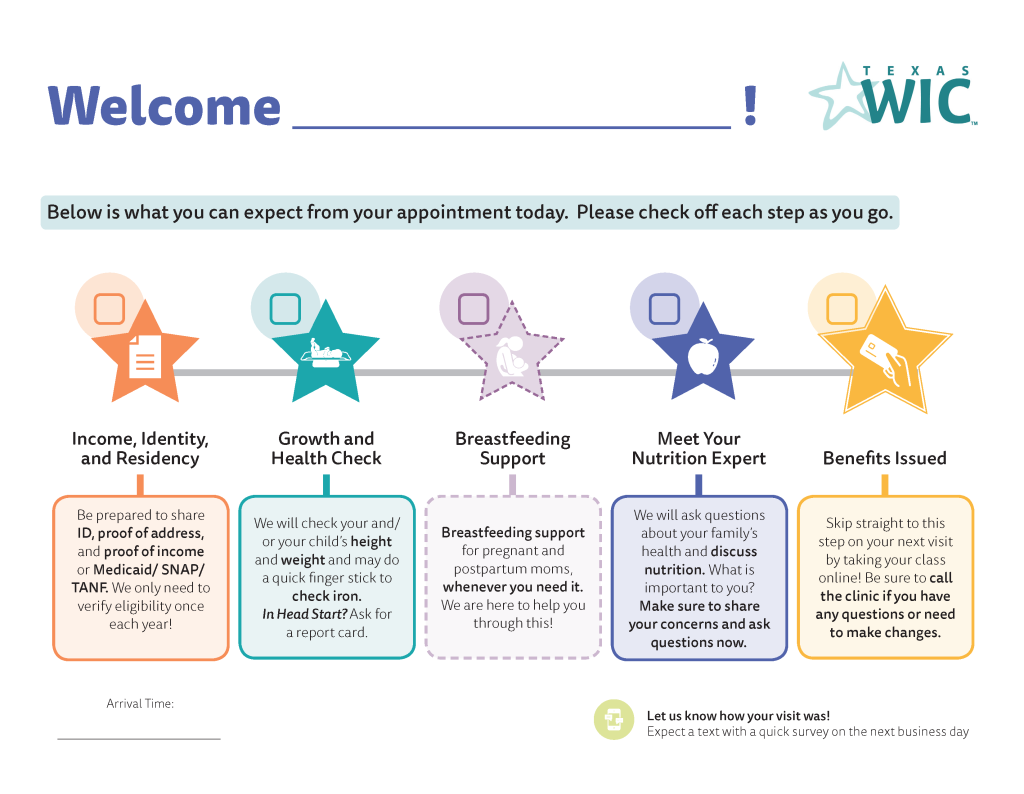WIC Program Faces Funding Uncertainty Amid Proposed Budget Cuts
The Special Supplemental Nutrition Program for Women, Infants, and Children (WIC) is confronting potential funding challenges as political shifts in Washington signal possible budget reductions. Experts express concern that the program’s recent progress may be at risk under an administration focused on cost-cutting measures.
USDA Finalizes Updates to WIC Food Packages
In April 2024, the U.S. Department of Agriculture (USDA) announced significant updates to WIC food packages, marking the first major revisions in over a decade. These changes aim to align the program’s offerings with current nutritional science, enhancing access to healthier food options for participants. The updates include increased allowances for fruits and vegetables, expanded choices for culturally appropriate foods, and greater flexibility to accommodate individual dietary needs.
Infant Formula Shortage Influences Breastfeeding Trends
The 2022 infant formula crisis led to a notable increase in breastfeeding initiation rates across the United States. As formula supplies dwindled, many mothers turned to breastfeeding as an alternative, resulting in higher initiation rates that remained elevated even after the crisis subsided. This shift underscores the importance of supporting breastfeeding education and resources within programs like WIC.
WIC Participation on the Rise Amid Economic Pressures
Between 2021 and 2023, WIC participation grew by 5.3%, reflecting increased enrollment as families sought assistance during times of economic strain. Factors contributing to this uptick include rising inflation and food costs, as well as program improvements that have made WIC more accessible and beneficial to eligible families.
Advocates Urge Congressional Action to Secure WIC Funding
The USDA has called on Congress to fully fund WIC for the upcoming fiscal year, warning that failure to do so could jeopardize nutrition security for millions of women, infants, and children. Historically, WIC has enjoyed bipartisan support, ensuring that all eligible applicants receive assistance. However, recent budget proposals have introduced uncertainty, prompting advocates to emphasize the program’s critical role in public health.



